Science & Tech
-

‘I exist solely for you, remember?’
Researchers detail 6 ways chatbots seek to prolong ‘emotionally sensitive events’

-
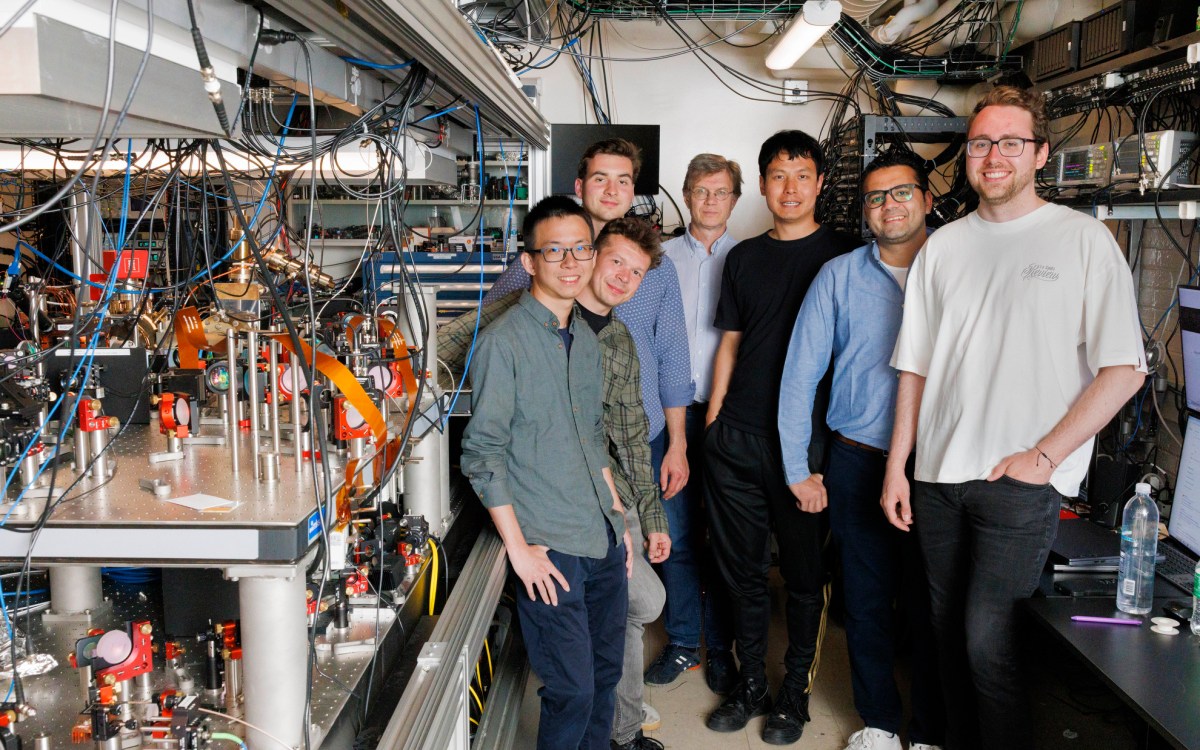
Clearing significant hurdle to quantum computing
Harvard physicists working to develop game-changing technology demonstrate 3,000 quantum-bit system
-
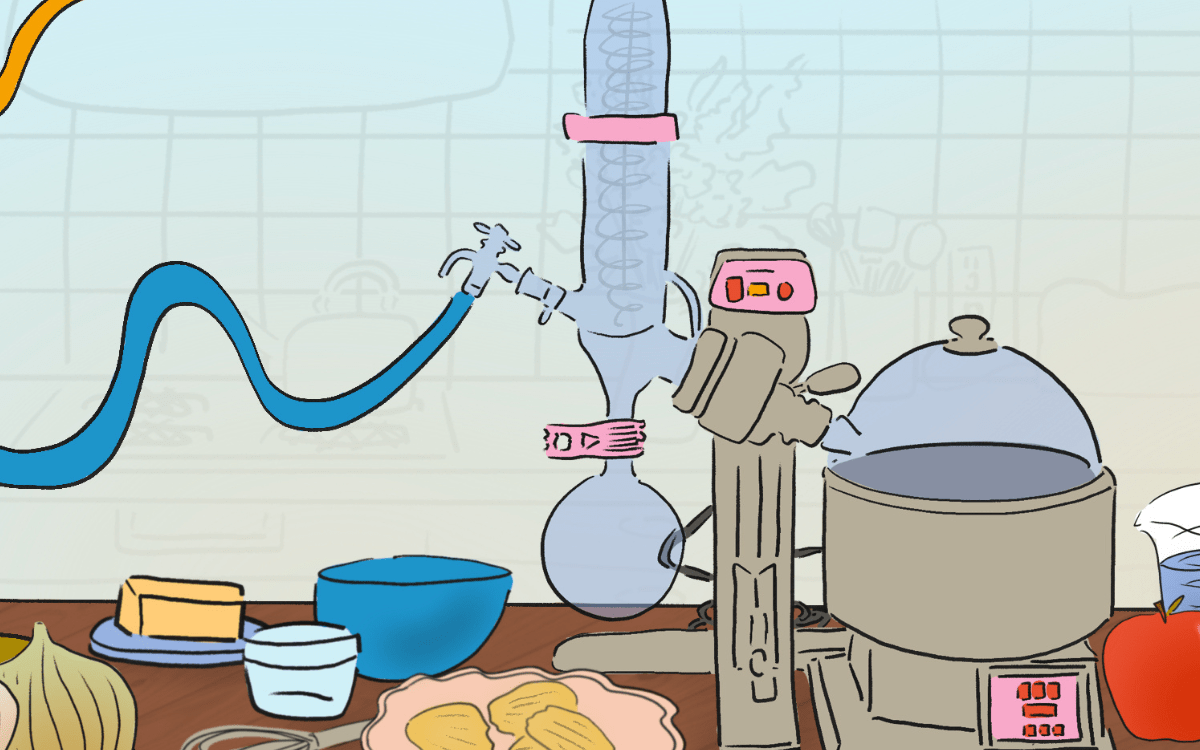
Think you understand kitchen science?
Our research-backed quiz will put your cooking knowledge to the test.
-
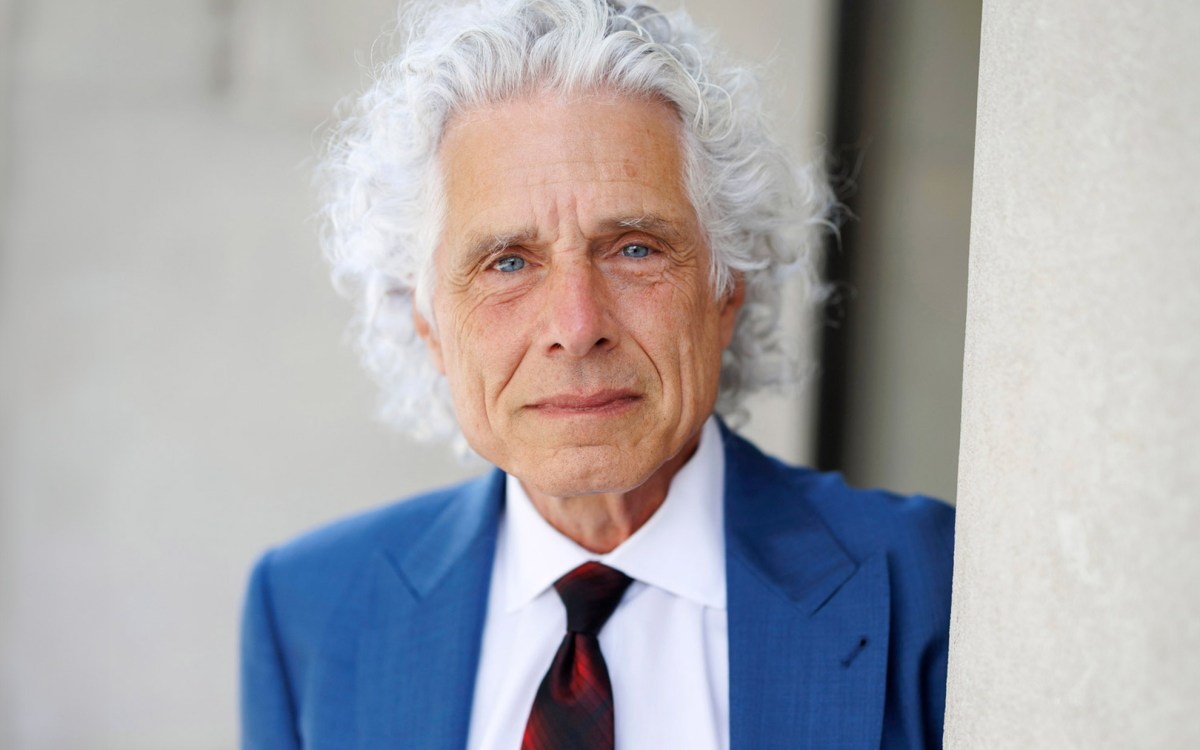
Why is your head not exploding? Steven Pinker can explain.
Cognitive psychologist reveals uncommon depths of common knowledge in new book
-
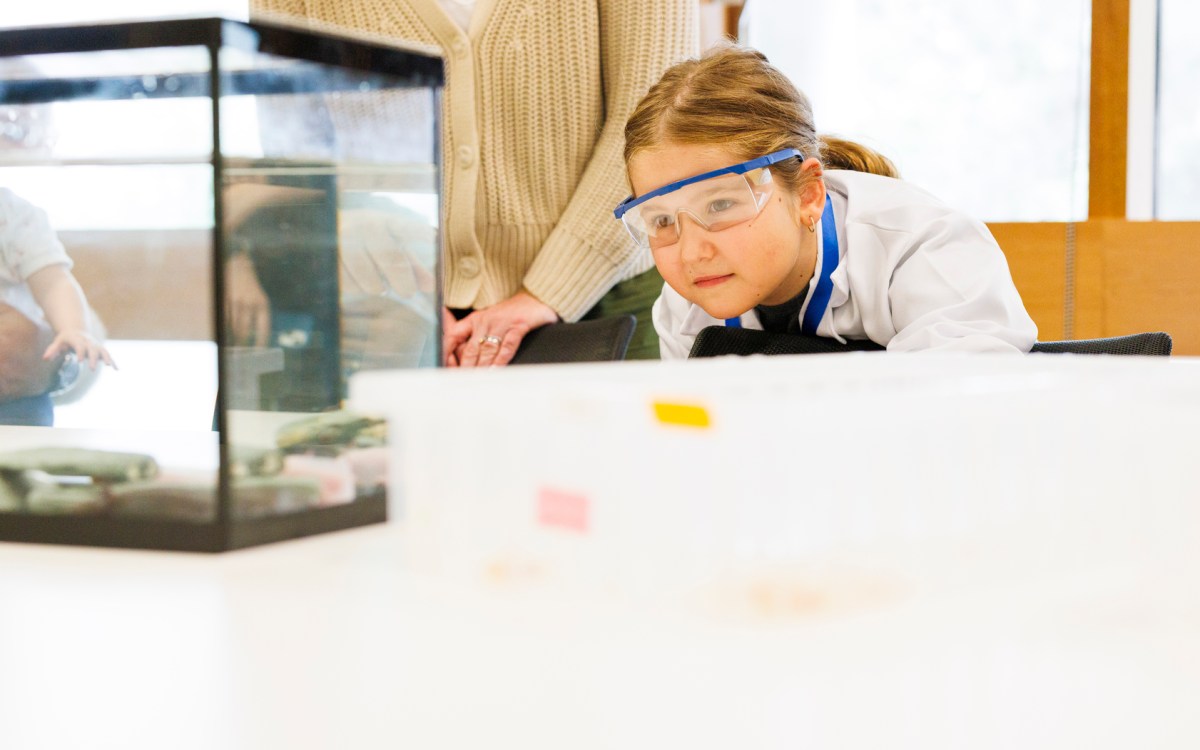
When your research donor is 6
First-grader raises $1,000 for axolotl research, meets her scientist hero — and maybe gets taste of what she wants to do when she grows up
-
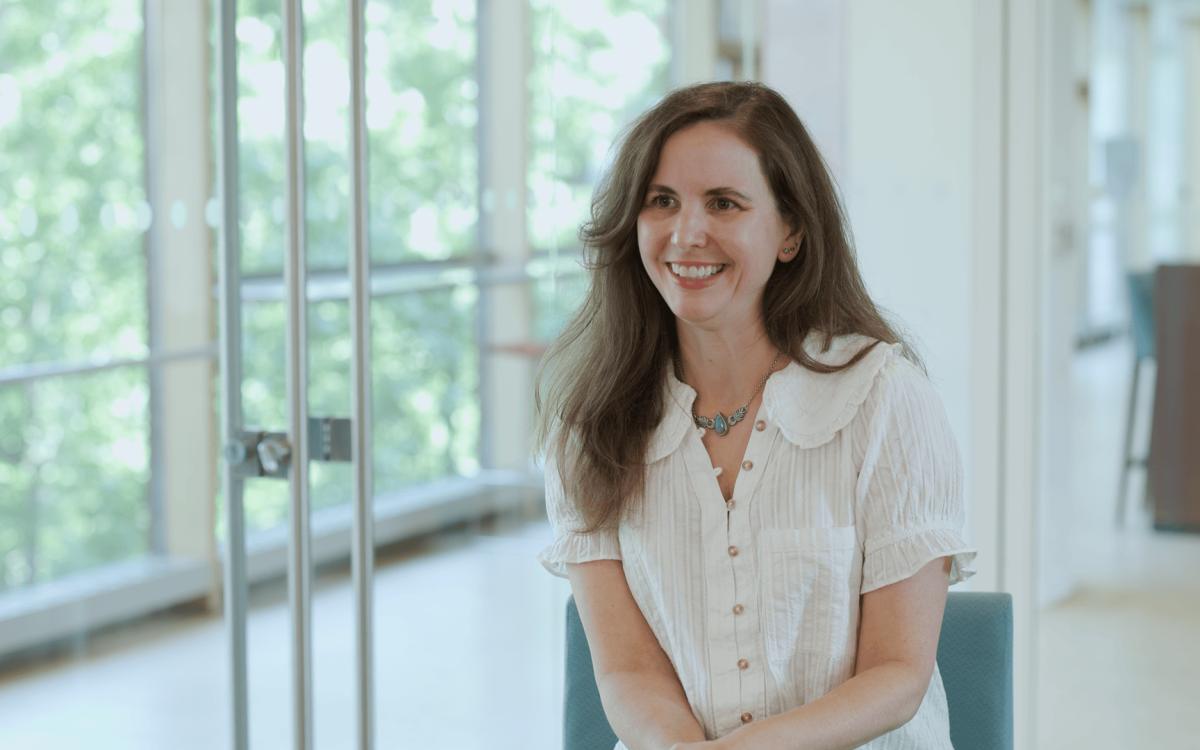
‘It feels very personal’
Jessica Whited overcame many obstacles to become a scientist, and her work was rooted in family’s blue-collar history. Then came funding cuts.
-
Why we need female mice in neuroscience research
Researchers found that female mice, despite ongoing hormonal fluctuations, exhibit exploratory behavior that is more stable than that of their male peers, countering the belief that the hormone cycle in females causes behavioral variation that could throw off results.

-
How does infection change social behavior?
A new study illuminates the way pathogens — and pheromones — alter social behavior in animals.
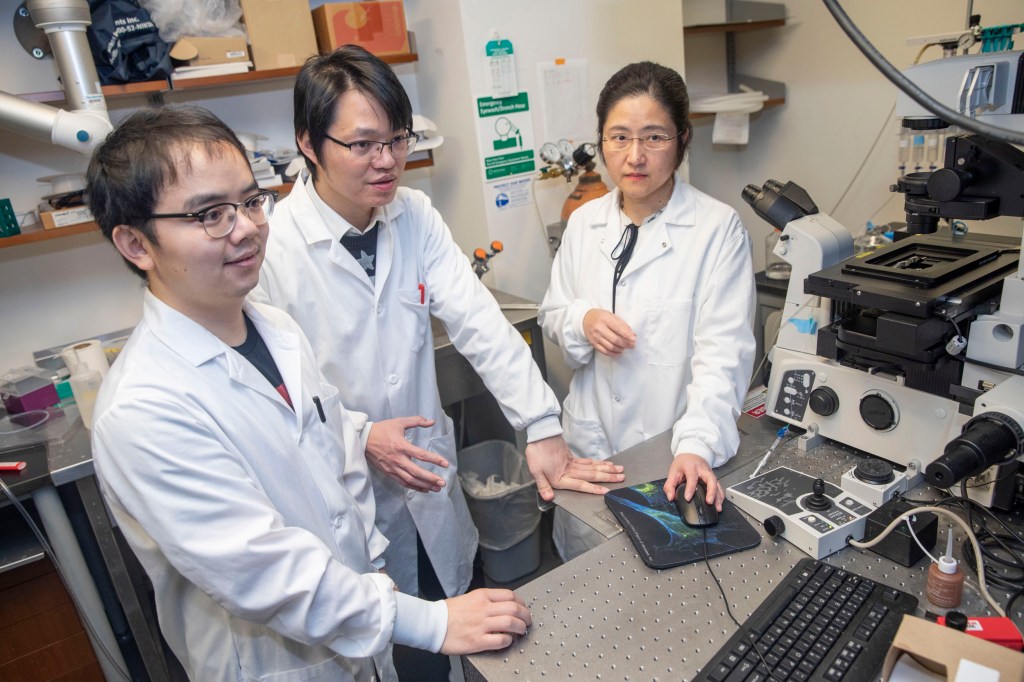
-
Seeking clues to how shifting climate may change ocean ecosystems
By studying the fossil record of one group of organisms, researchers now worry that human-driven climate change may return us to an “Earth of 8 million years ago … detrimentally restructuring the marine communities of the entire ocean.”
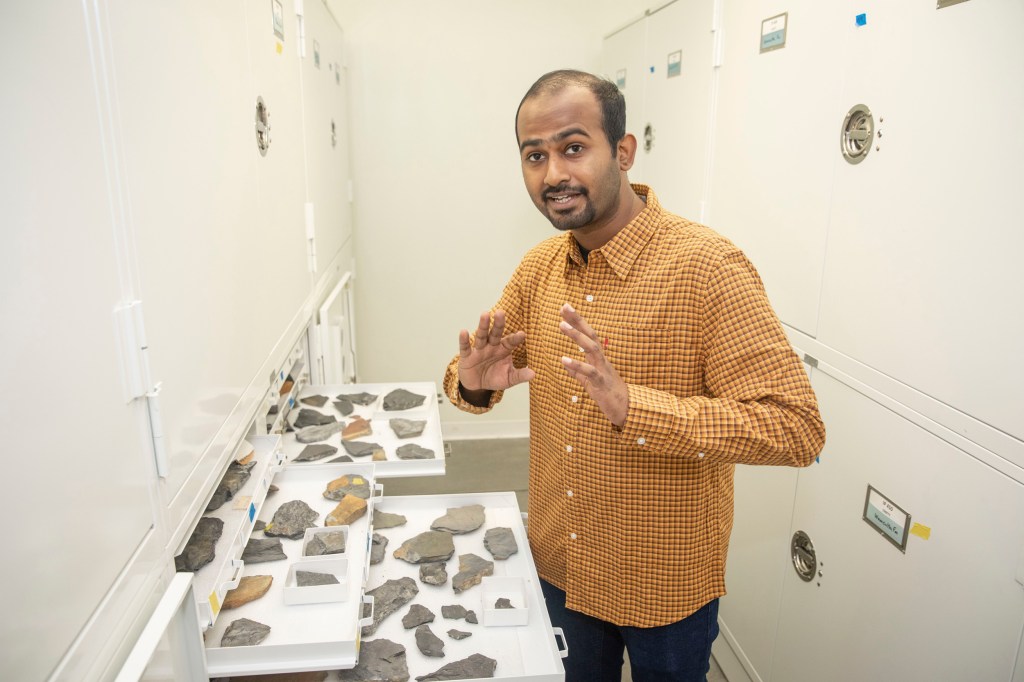
-
What Harold McGee learned after decade of sniffing durian, keyboards, outer space
Science author Harold McGee explores all things olfactory in “Nose Dive: A Field Guide to the World’s Smells.”
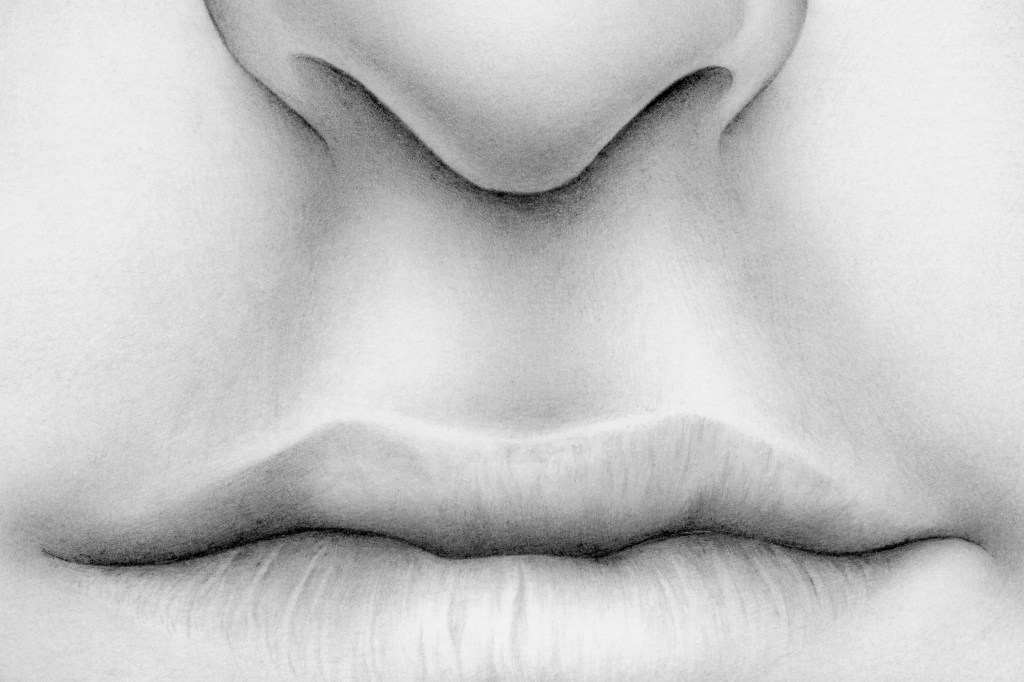
-
Nothing that is not there and the nothing that is
You’ll never experience a black hole, but Avi Loeb can help you imagine one
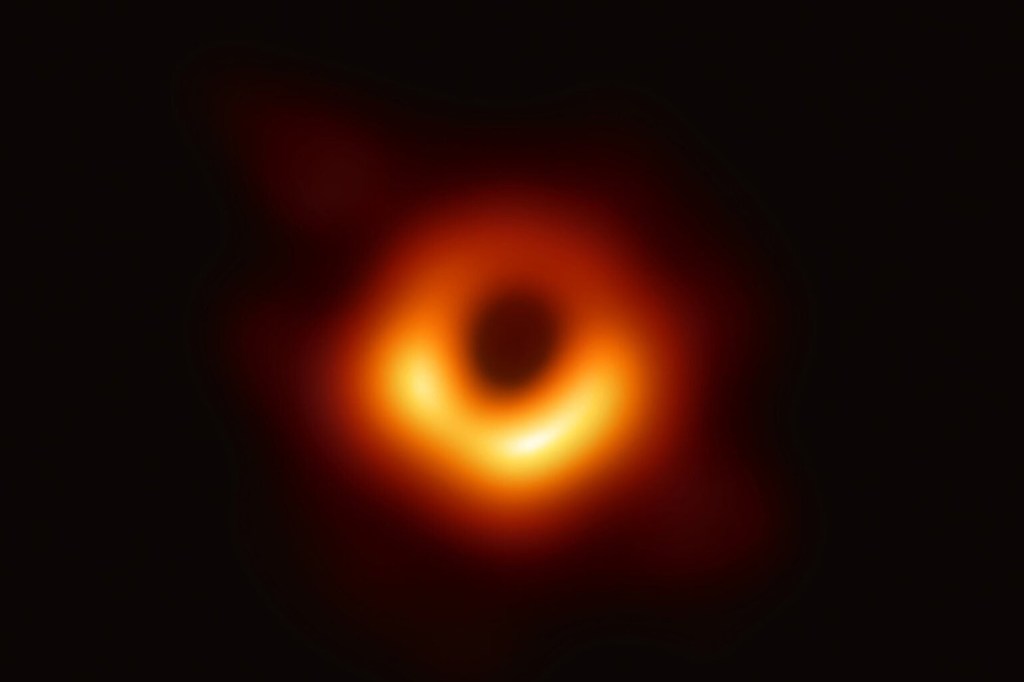
-
One small step toward understanding gravity
Quantum computing simulation reveals possible wormhole-like dynamics.
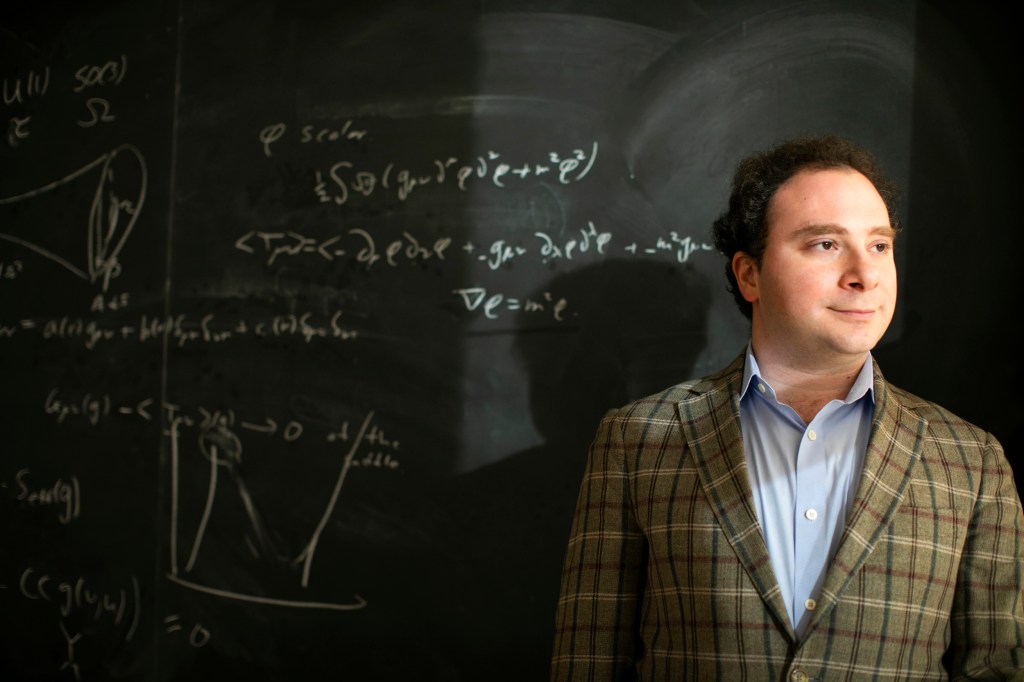
-
5 research teams win Grid funding to smooth path from lab to market
Funding aims to help researchers turn their ideas into products and services that confront real-world problems.

-
Will ChatGPT supplant us as writers, thinkers?
Psychologist says the chatbot is impressive — and may offer insights into the nature of human intelligence once it “stops making stuff up.”
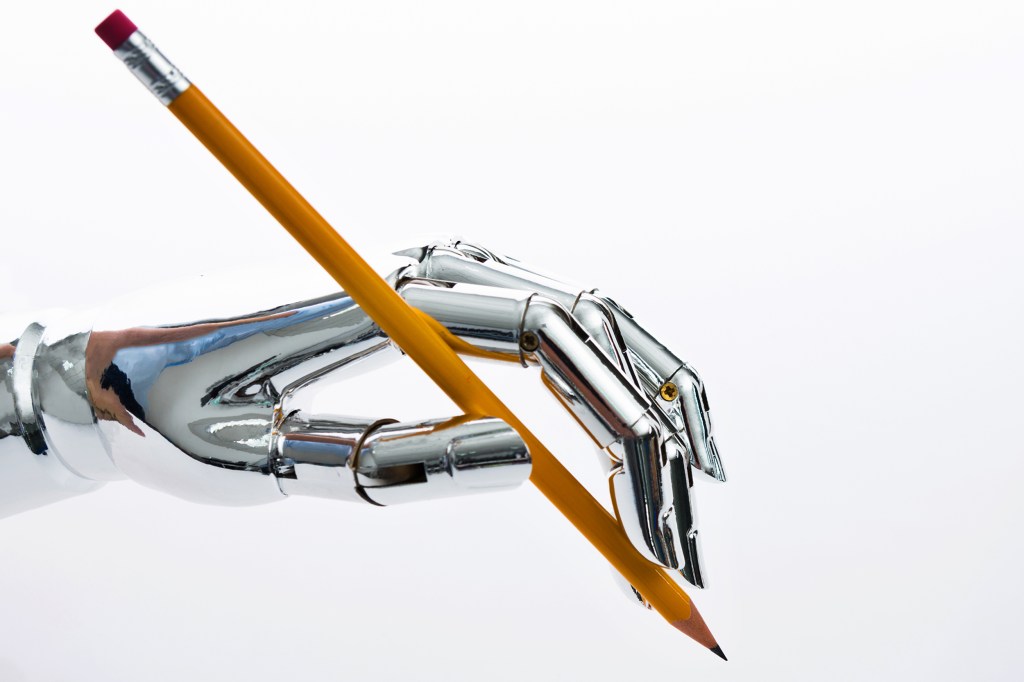
-
Combining forces to accelerate climate action here, there, now
Experts from Harvard and around the world embark on ambitious interdisciplinary projects that tackle climate change challenges head-on.
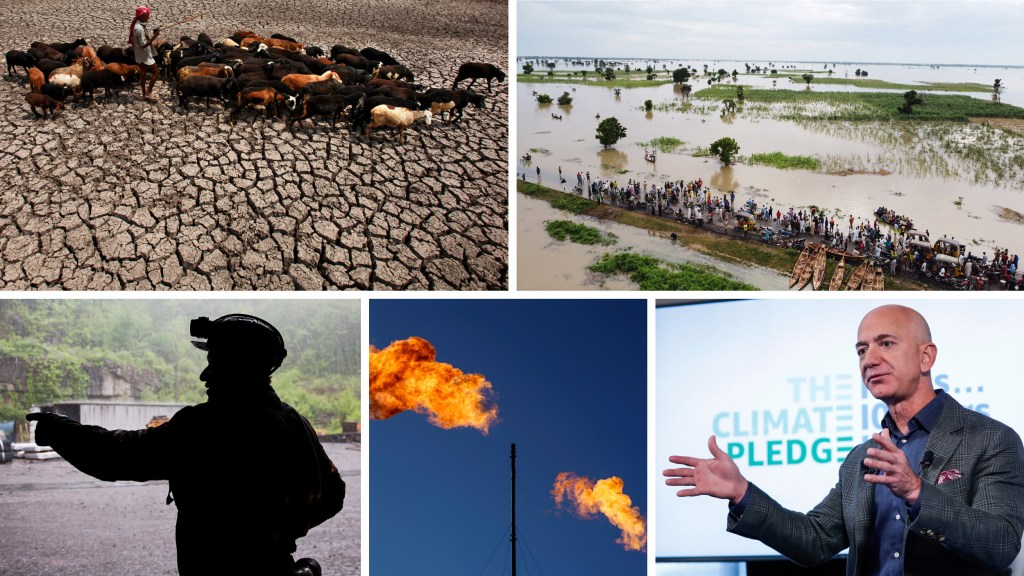
-
Can space dust slow global warming?
A new study has found that dust launched from the moon’s surface or from a space station positioned between Earth and the sun could reduce enough solar radiation to mitigate the impacts of climate change.
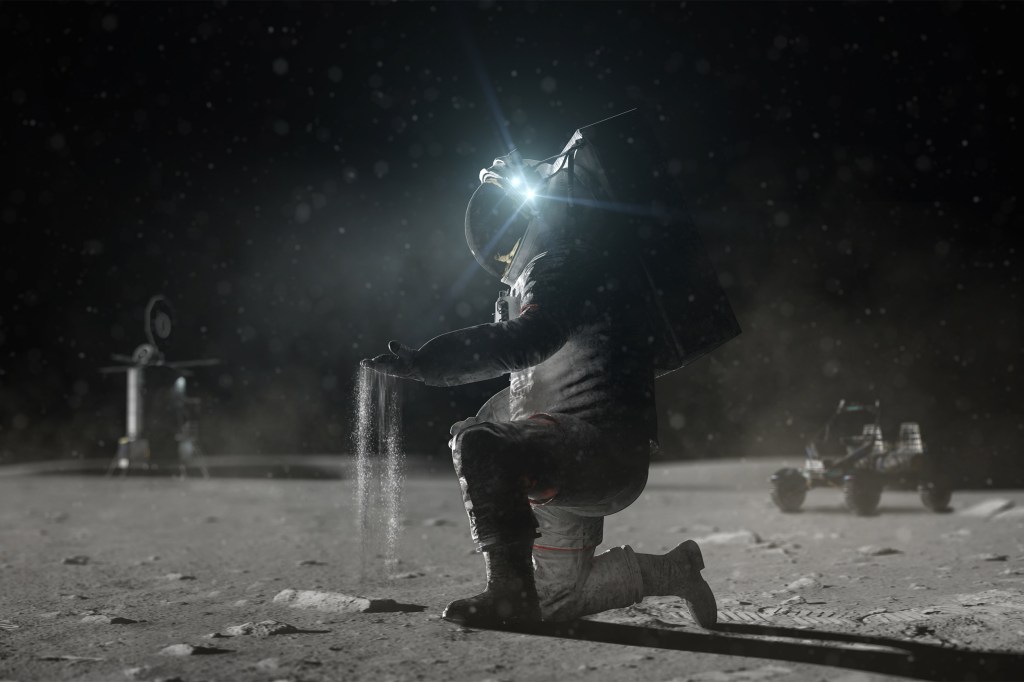
-
Which hand has the treat? Preschoolers get that, but more options confound.
Researchers uncover pattern in developmental psychology of 3-year-olds: a struggle to weigh competing options.
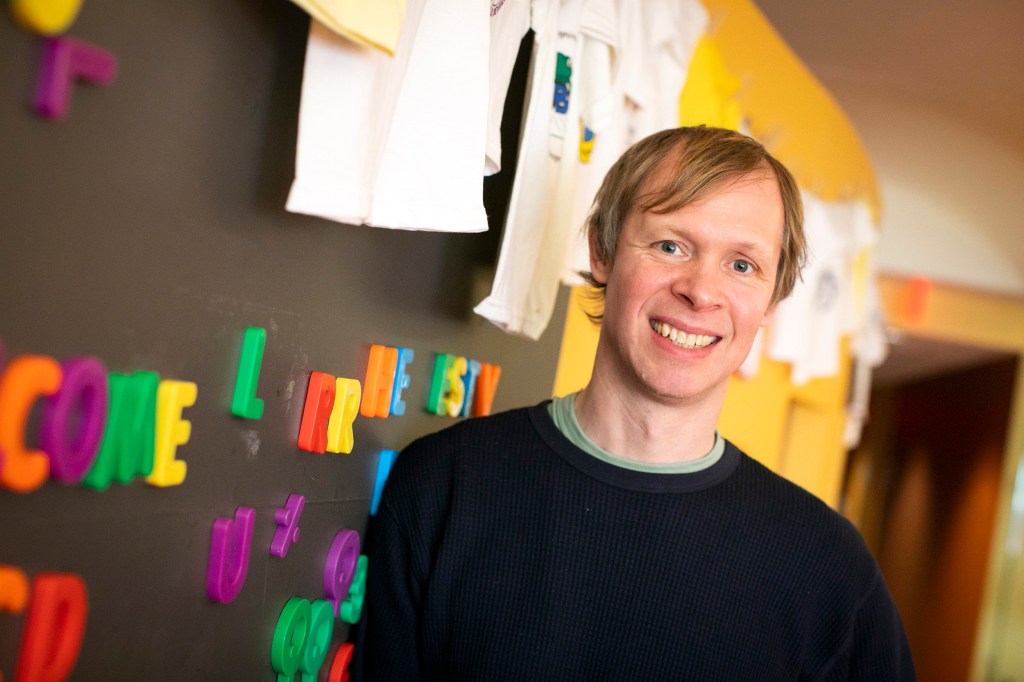
-
Why we remember — and forget. And what we can do about it
Authors Andrew Budson and Elizabeth Kensinger offer insights on how to keep both a healthy brain and a strong memory.
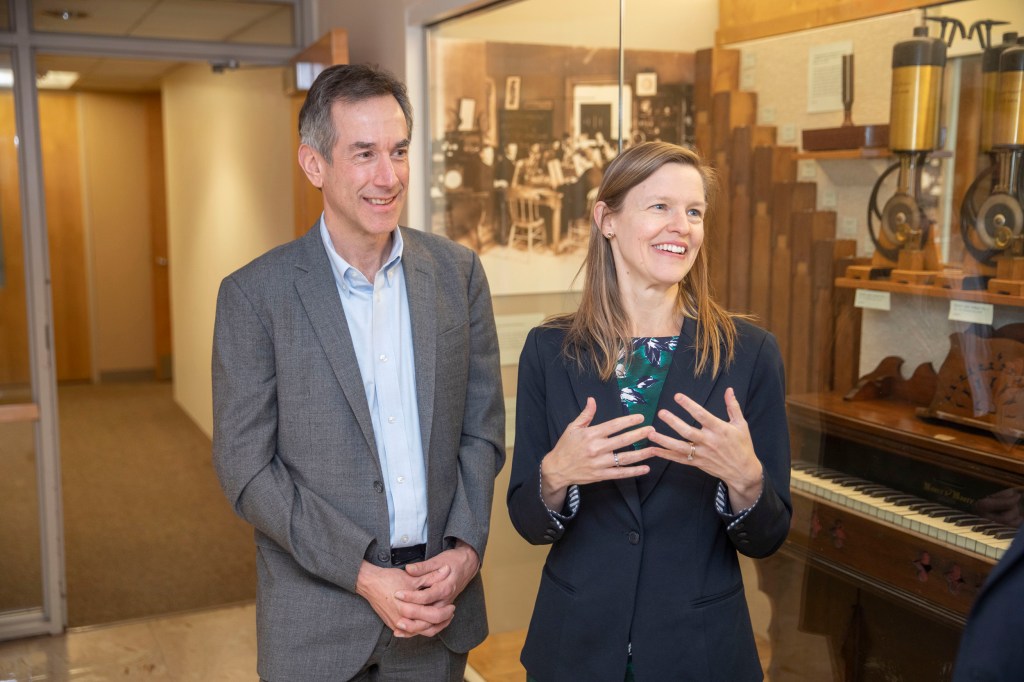
-
His dream? To see two pub regulars arguing over existence of infinity in nature
Sean Carroll’s videos explaining fundamental ideas in modern physics are becoming a book trilogy.
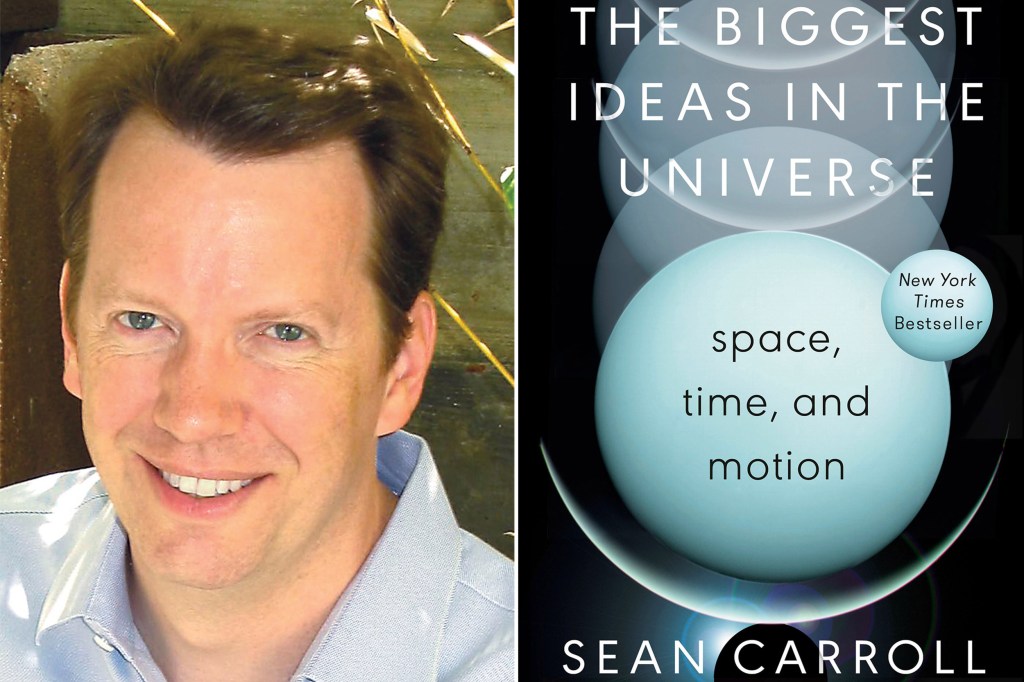
-
Why you wear what you wear
In a new study, researchers uncover personality traits behind people’s preferences when making fashion decisions.
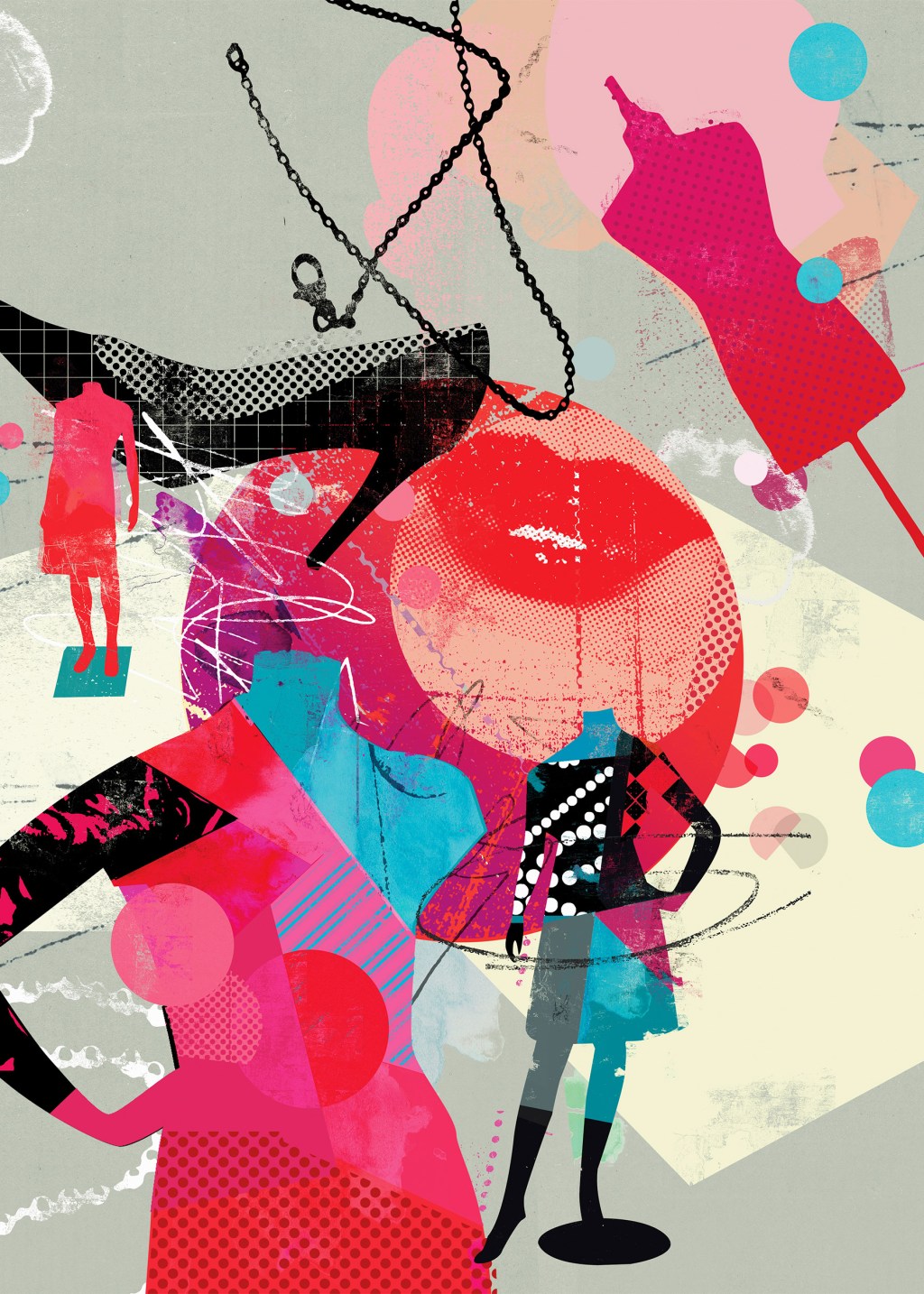
-
An evangelist of physics
Australian physicist demystifies the experimental side of the field and recalls forgotten pioneers.
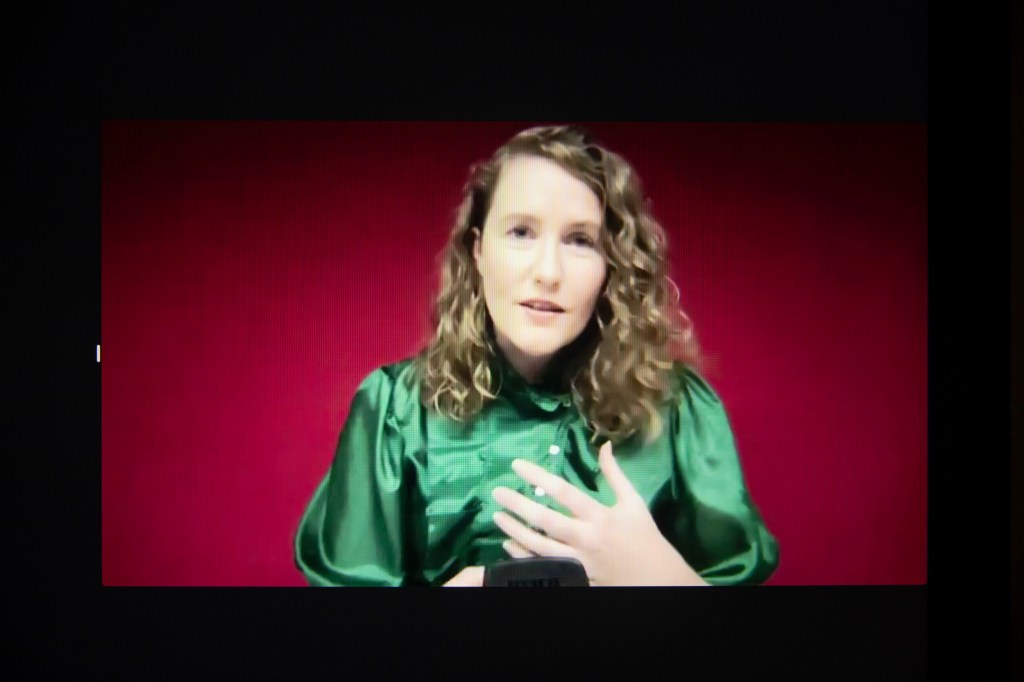
-
Fresh insights into inflammation, aging brains
Harvard scientists’ research on mice suggests chain reaction may be involved in the brain’s aging process.
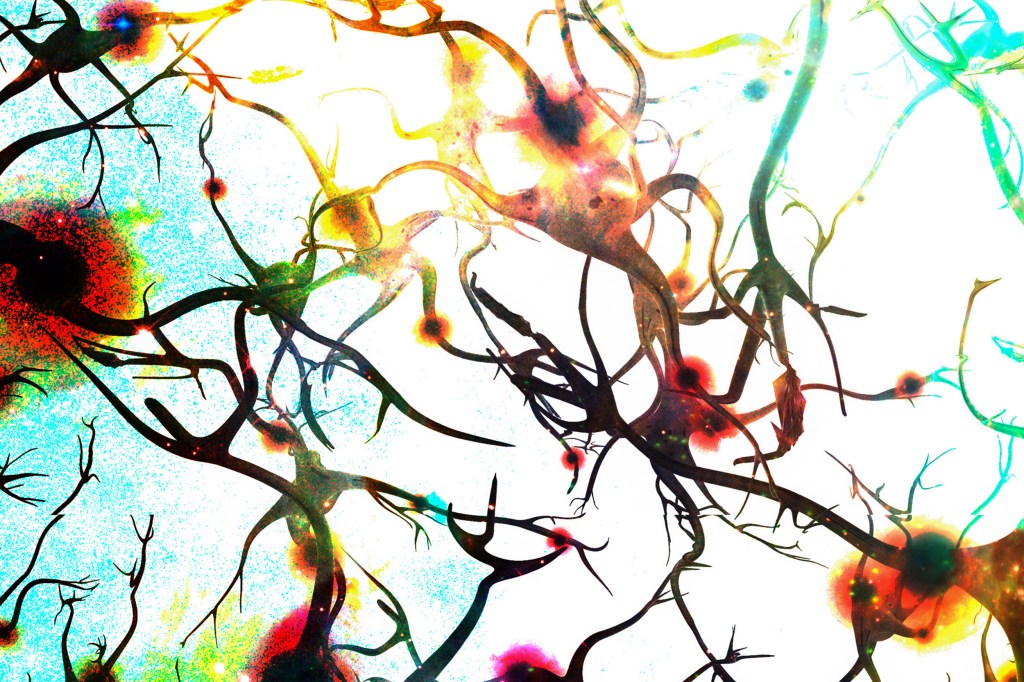
-
Exxon disputed climate findings for years. Its scientists knew better.
In the study, scientists showed how the multinational energy giant worked to cloud the issue.

-
‘The code word … is interoperability’
The International Image Interoperability Framework makes online access as good as, or better than, physical interaction with library collections.
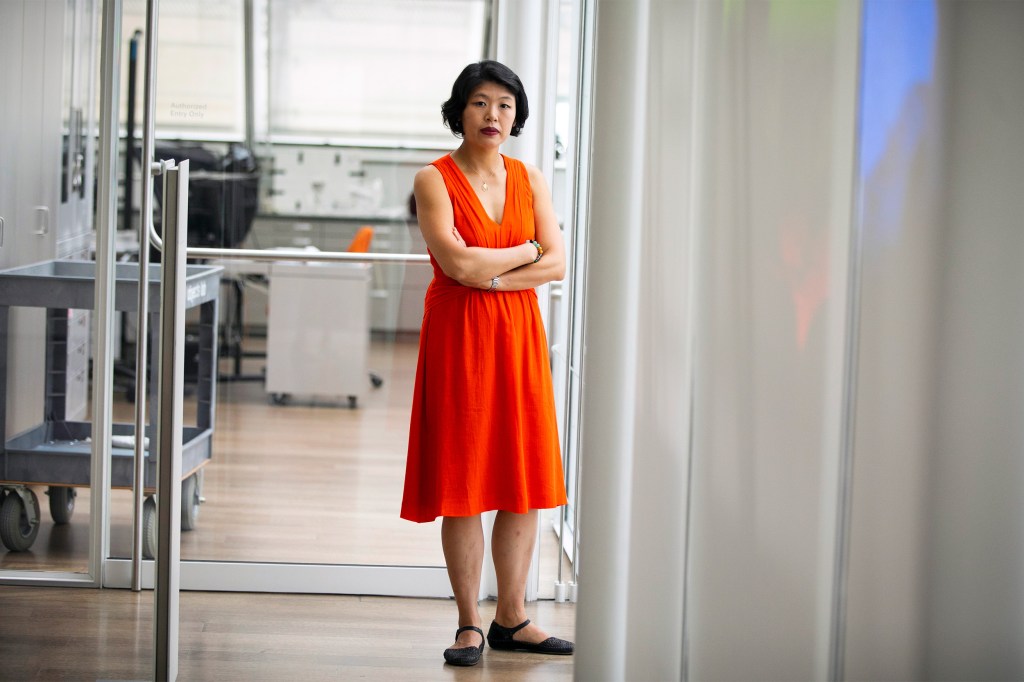
-
What we learned
Highlights from another year of discovery at Harvard, where inquiring minds are the norm.
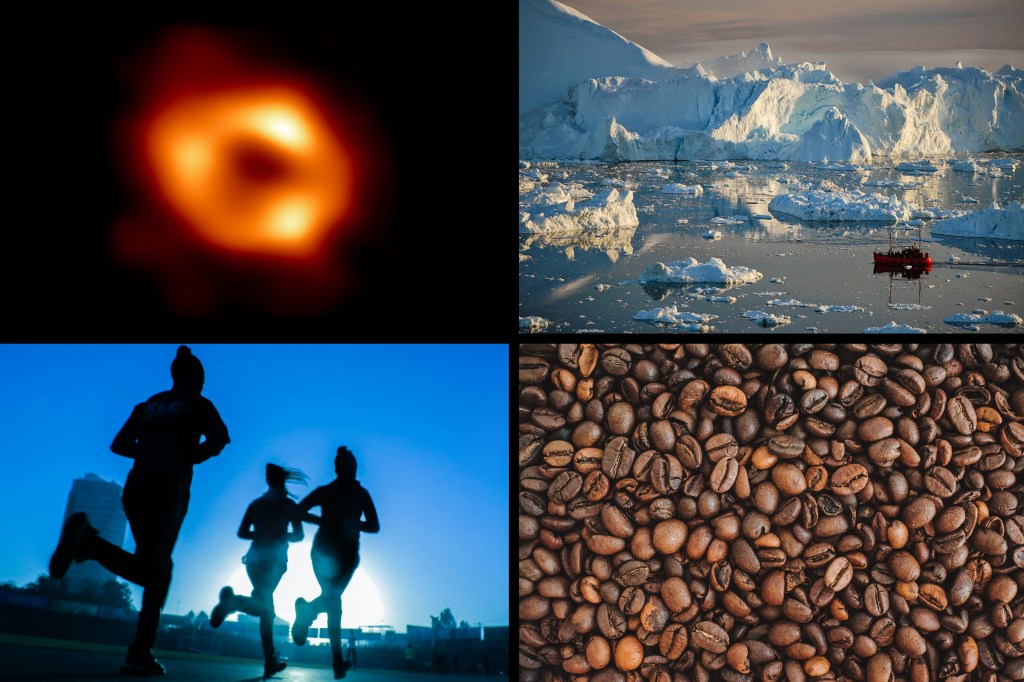
-
Doomed exoplanet spiraling toward obliteration
For the first time, astronomers have spotted an exoplanet whose orbit is decaying around an evolved, or older, host star.
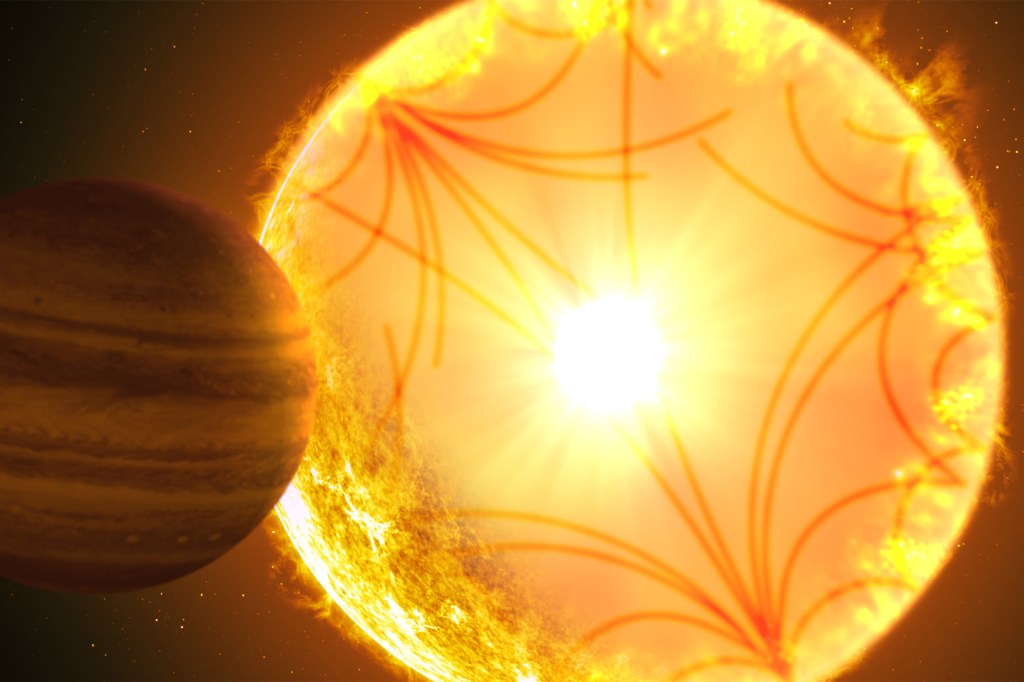
-
Why nuclear fusion is so exciting
Harvard scientist Adam Cohen breaks down breakthrough that might prove major turning point in clean energy efforts — but not any time soon.
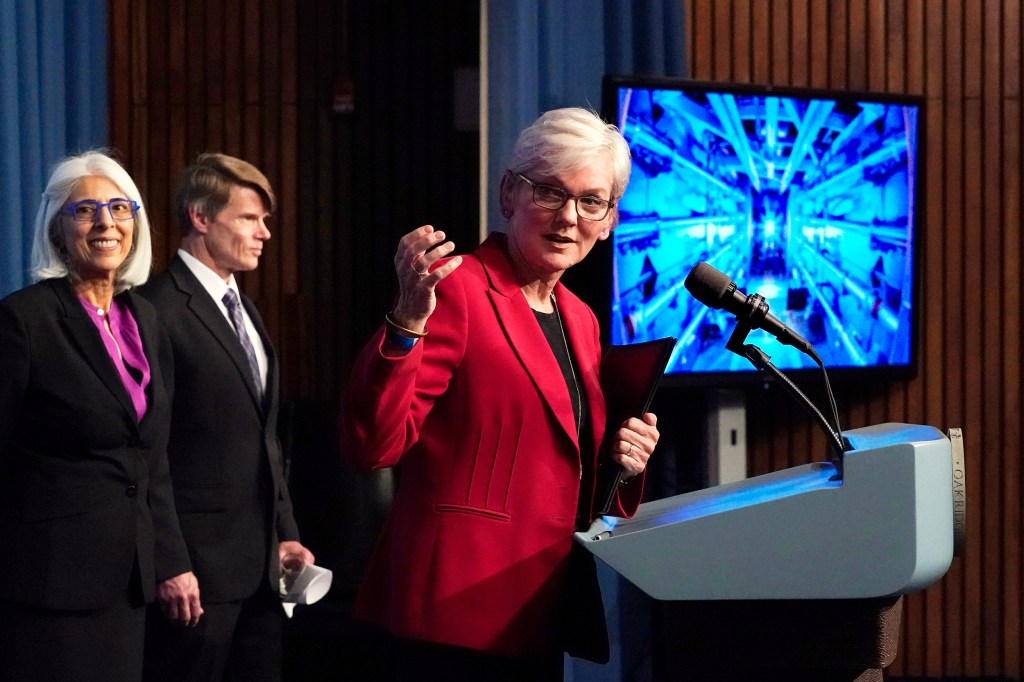
-
Looking to retain most potent regenerative stem cells
Early on human bodies are full of pluripotent stem cells, capable of generating any other type of cell. The problem is we lose them at birth.

-
You believe in climate change but drive a gas-guzzler, don’t recycle. Why?
You believe in climate change but drive a gas-guzzler, don’t recycle. Why? Neuroscientist explores in new book.
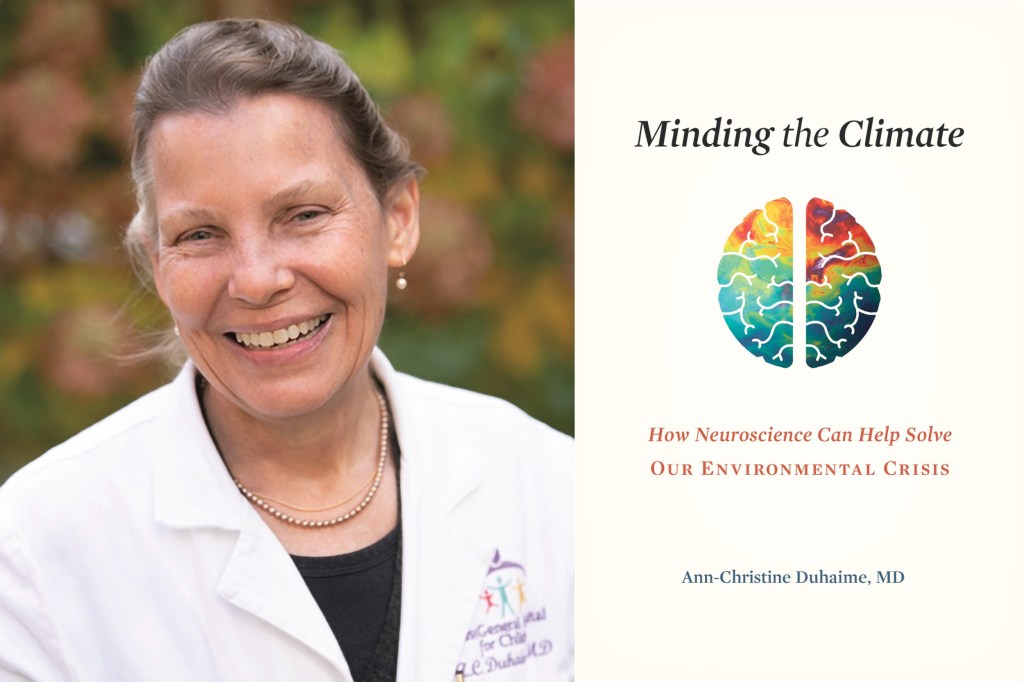
-
‘Croco-salamander’ bones offer clues to how early animals emerged from water
A study overturns the long-held belief that ancient species grew at slow, steady pace, and offers insights into human maturation.
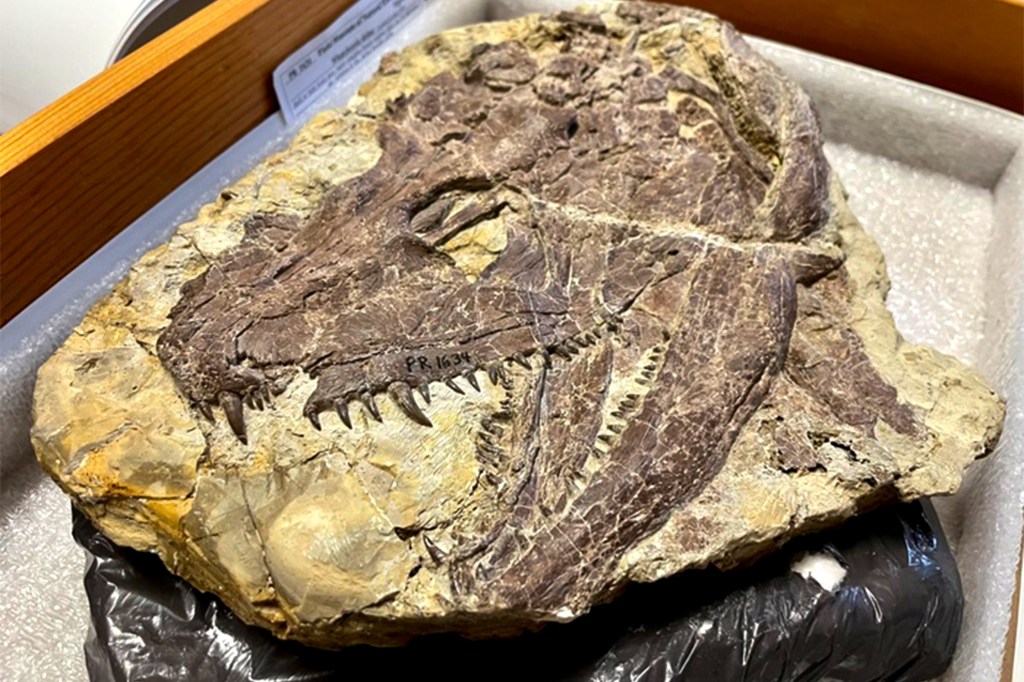
-
Why elephants have bigger bones
During a virtual Harvard Science Book Talk, Raghuveer Parthasarathy examines the mysteries covered in his new book, “So Simple a Beginning: How Four Physical Principles Shape Our Living World.”

-
Raising health care’s climate voice
The health impacts of climate change are gaining greater recognition, but the most important thing, one expert said, is to keep telling people’s stories.
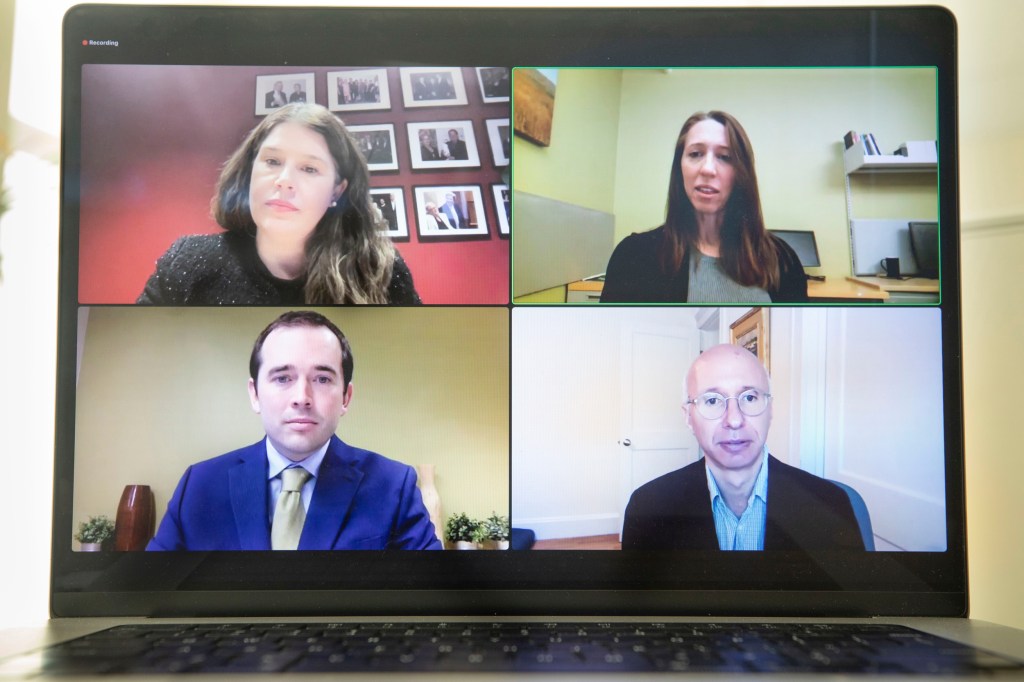
-
Glimmers of movement, hope at COP27
The most significant climate change action during COP27 this month occurred thousands of miles away, in Bali, Indonesia, when the U.S. and China agreed to restart what had been a successful partnership to cut globe warming emissions before the two nations’ relations soured in recent years.
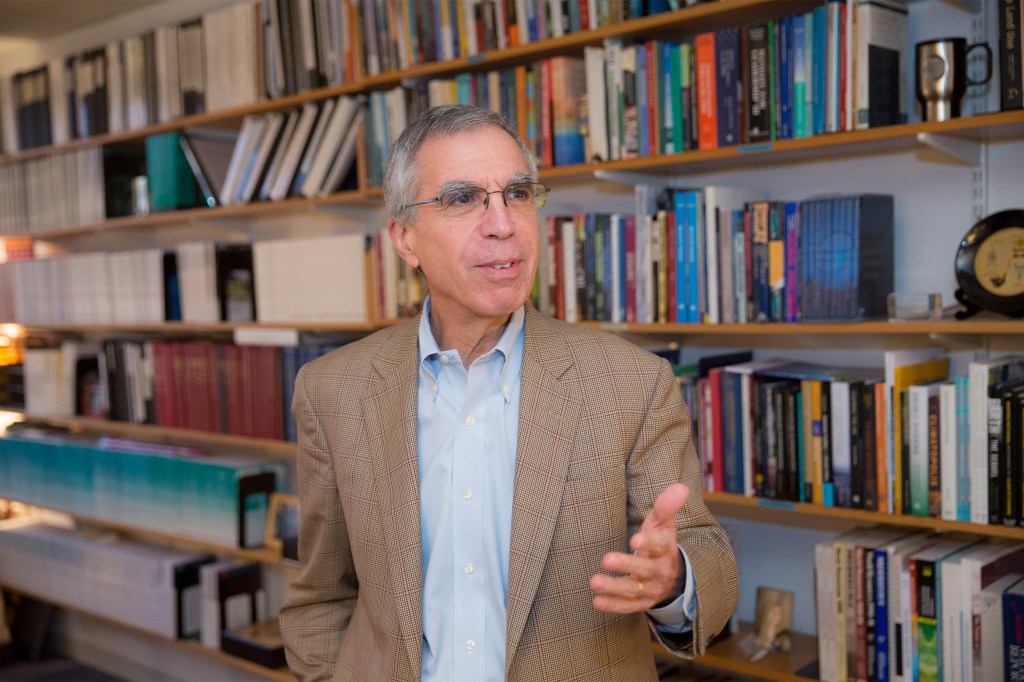
-
How big brains are made
How squid and octopus get their big brains.
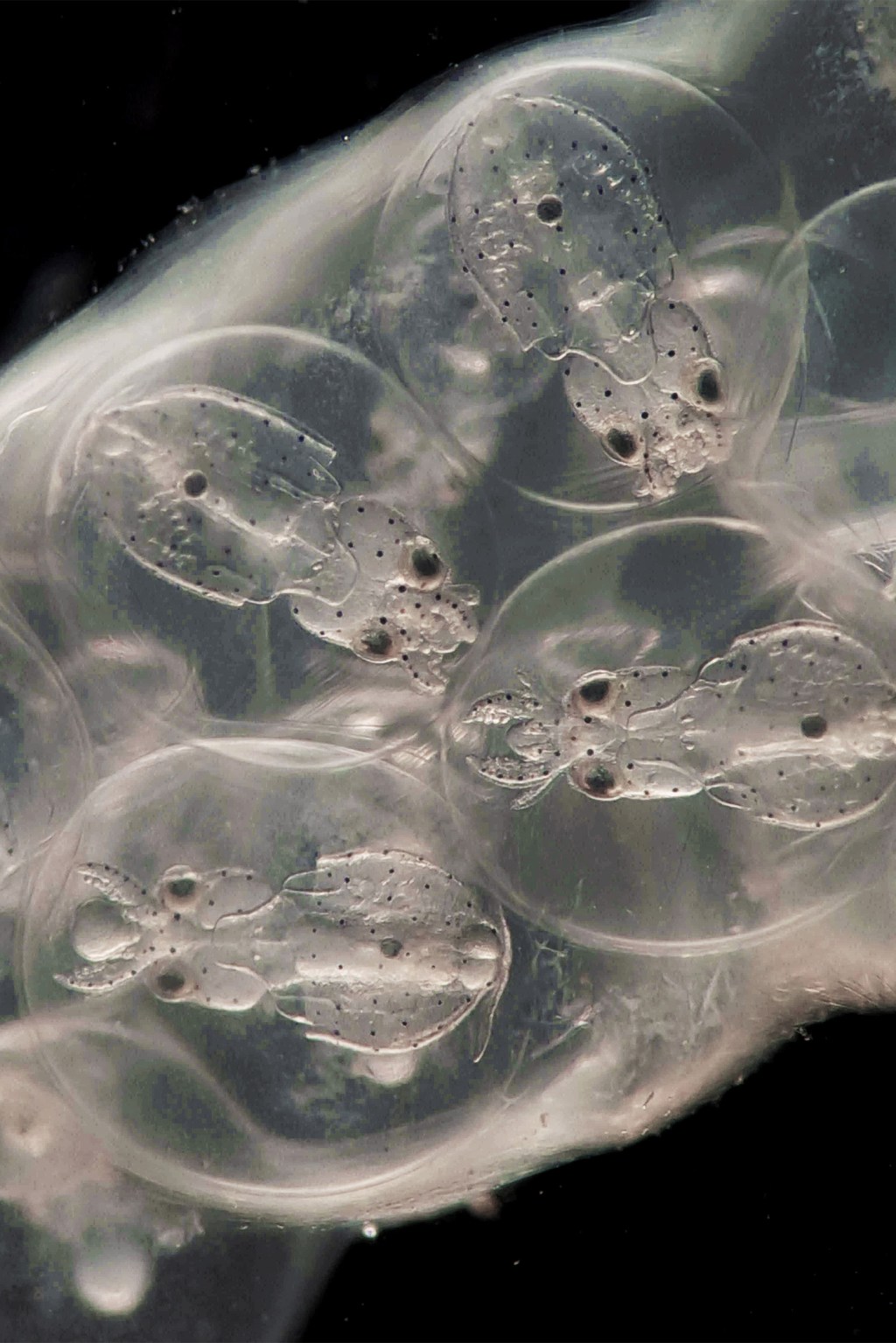
-
New generation of quantum realm explorers
This semester, 11 students have been settling in as the first-ever cohort in the Harvard quantum science and engineering program.
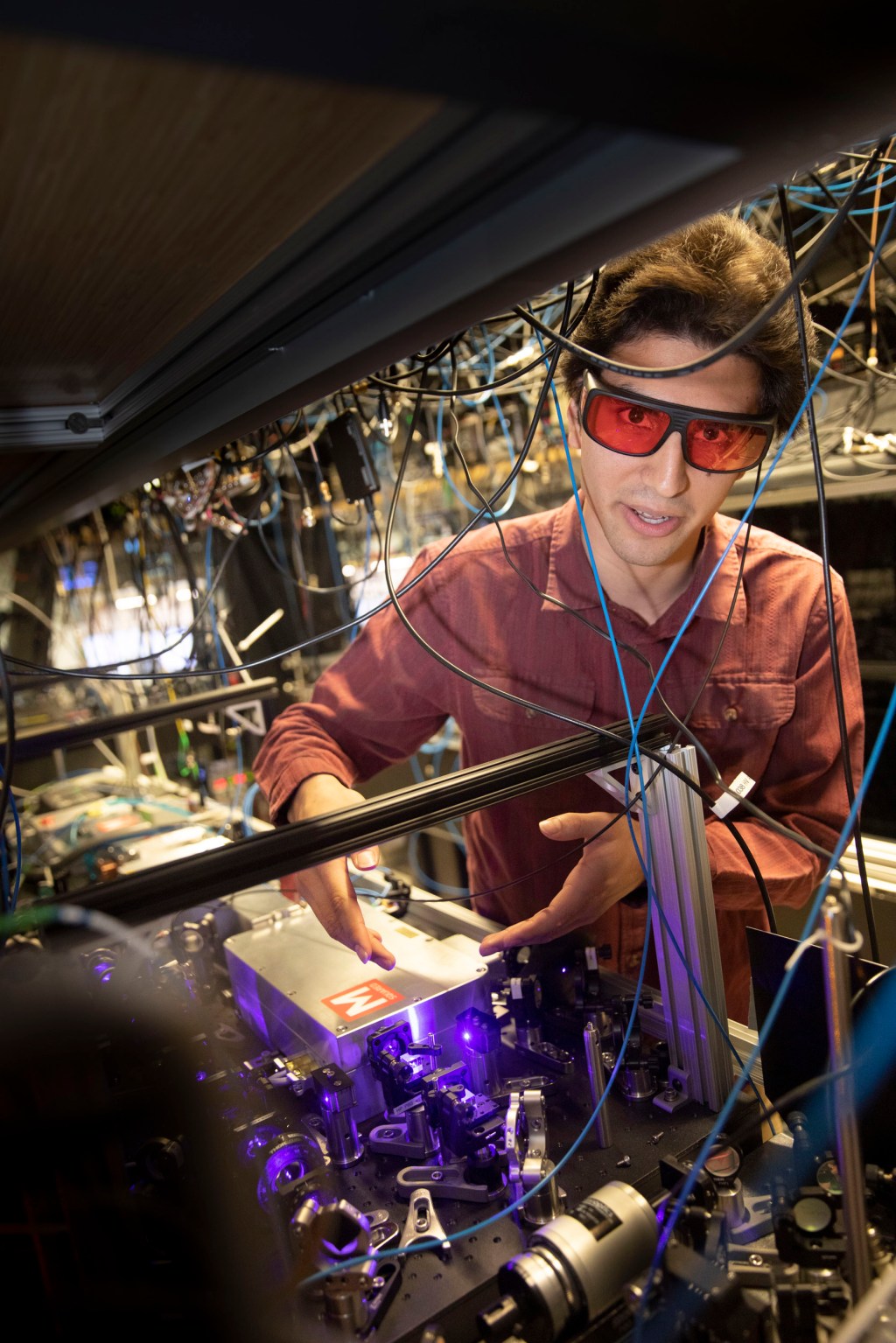
-
New England forests, new strategies can offset most regional emissions over 30 years, report says
Study looks at how forests in New England can be better utilized in the fight against climate change.



